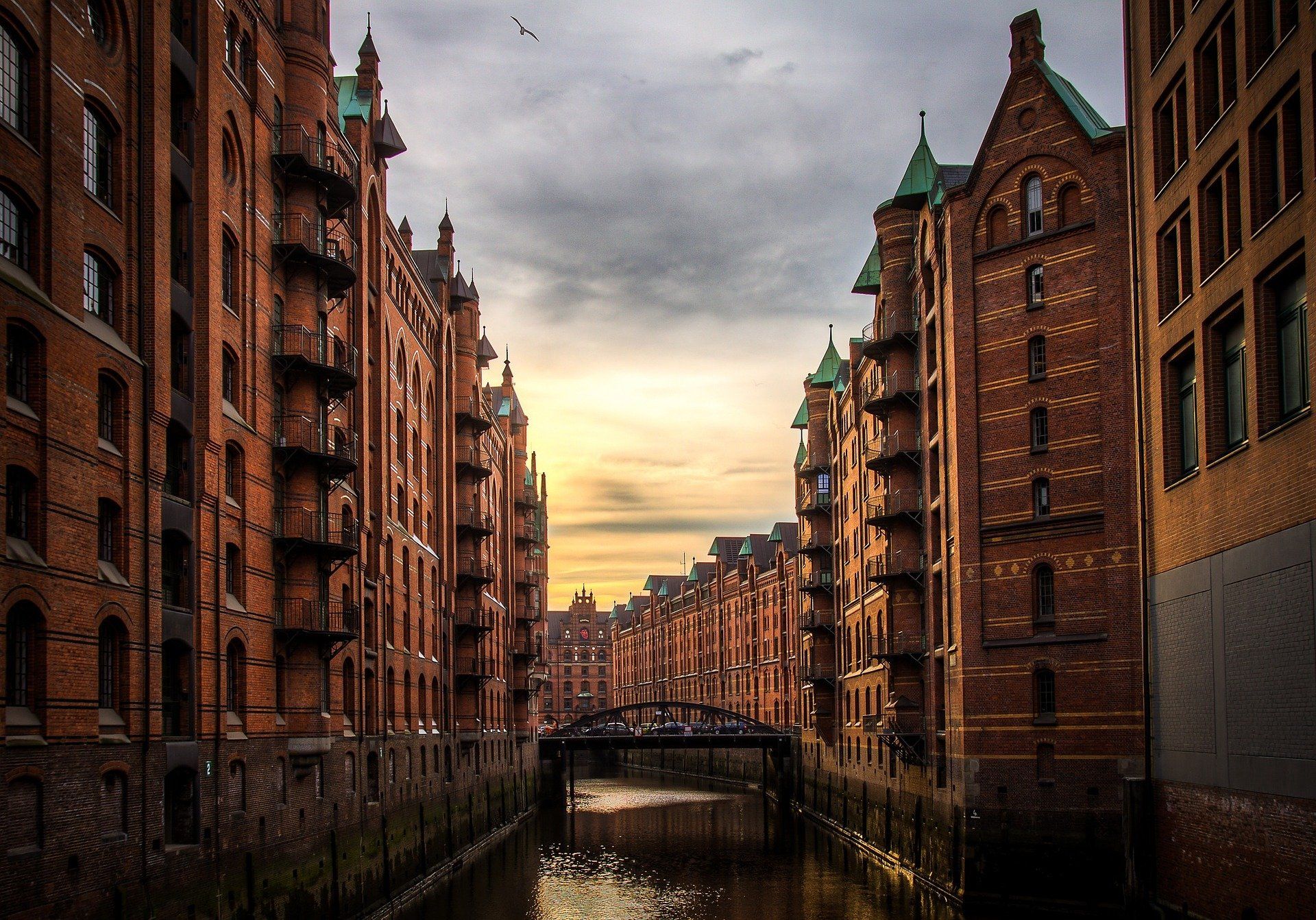The European Commission has published its Renovation Wave Strategy to improve the energy performance of buildings.
The Commission aims to at least double renovation rates in the next ten years and make sure renovations lead to higher energy and resource efficiency. This will enhance the quality of life for people living in and using the buildings, reduce Europe’s greenhouse gas emissions, foster digitalisation and improve the reuse and recycling of materials. By 2030, 35 million buildings could be renovated and up to 160,000 additional green jobs created in the construction sector.
Buildings are responsible for about 40% of the EU’s energy consumption, and 36% of greenhouse gas emissions from energy (*). But only 1% of buildings undergo energy efficient renovation every year, so effective action is crucial to making Europe climate-neutral by 2050. With nearly 34 million Europeans unable to afford keeping their homes heated, public policies to promote energy efficient renovation are also a response to energy poverty, support the health and wellbeing of people and help reduce their energy bills. The Commission has also published today a Recommendation for Member States on tackling energy poverty.
Three main areas
The strategy will prioritise action in three areas: decarbonisation of heating and cooling; tackling energy poverty and worst-performing buildings; and renovation of public buildings such as schools, hospitals and administrative buildings. The Commission proposes to break down existing barriers throughout the renovation chain – from the conception of a project to its funding and completion – with a set of policy measures, funding tools and technical assistance instruments.
Lead actions
The strategy will include the following lead actions:
- Stronger regulations, standards and information on the energy performance of buildings to set better incentives for public and private sector renovations, including a phased introduction of mandatory minimum energy performance standards for existing buildings, updated rules for Energy Performance Certificates, and a possible extension of building renovation requirements for the public sector;
- Ensuring accessible and well-targeted funding, including through the ‘Renovate’ and ‘Power Up’ Flagships in the Recovery and Resilience Facility under NextGenerationEU, simplified rules for combining different funding streams, and multiple incentives for private financing;
- Increasing capacity to prepare and implement renovation projects, from technical assistance to national and local authorities through to training and skills development for workers in new green jobs;
- Expanding the market for sustainable construction products and services, including the integration of new materials and nature-based solutions, and revised legislation on marketing of construction products and material reuse and recovery targets;
- Creating a New European Bauhaus, an interdisciplinary project co-steered by an advisory board of external experts including scientists, architects, designers, artists, planners and civil society. From now until summer 2021 the Commission will conduct a broad participatory co-creation process, and will then set up a network of five founding Bauhaus in 2022 in different EU countries.
- Developing neighbourhood-based approaches for local communities to integrate renewable and digital solutions and create zero-energy districts, where consumers become prosumers selling energy to the grid. The strategy also includes an Affordable Housing Initiative for 100 districts.







Leave a Reply